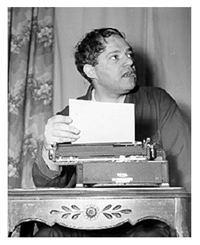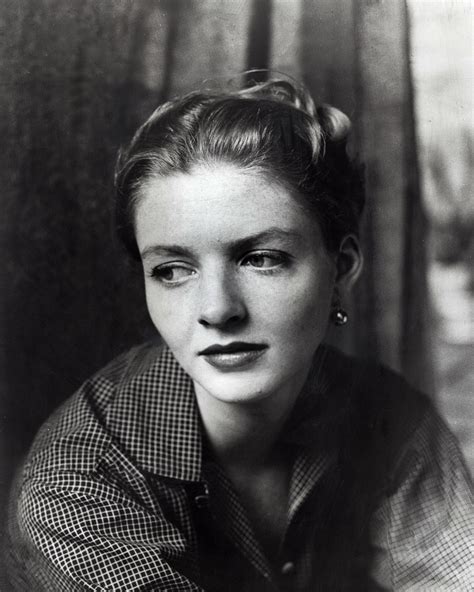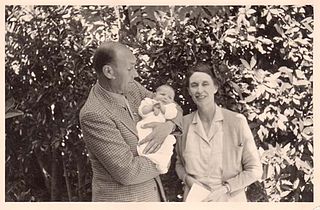A Quote by Louis Fischer
Biography is history seen through the prism of a person.
Related Quotes
I have always looked at the world through the prism of money to some degree. If you could follow the money, it explains a lot of things, in all sorts of aspects of the world. You can look at politics through the prism of money. You can look at art through the prism of money. You can look at sports through the prism of money.
Biography always has fulfiled this role. Robinson Crusoe is a biography, as is Tom Jones. You can go through the whole range of the novel, and you will find it is biography. The only difference between one example and the other is that sometimes it's a partial biography and sometimes it's a total biography. Clarissa, for example, is a partial biography of Clarissa and a partial biography of Lovelace. In other words, it doesn't follow Lovelace from when he is in the cradle, though it takes him to the grave.
When you read a history or biography you are entitled to imagine that it is as accurate as the authors can make it. That research has gone into it and we say "This is a history of the civil war, this is a biography of Lincoln" whatever. But you don't make any such supposition when you say "This is a historical novel."
I believe no matter how much you research a person's life. No matter how long you spend, the person always remains a mystery. I go by this quote that Mark Twain said about the definition of a biography: a biography is the clothes and buttons of a man or a woman but the real story is in the person's head and that you can never know. I don't think it's possible to get the whole picture, ever.

































